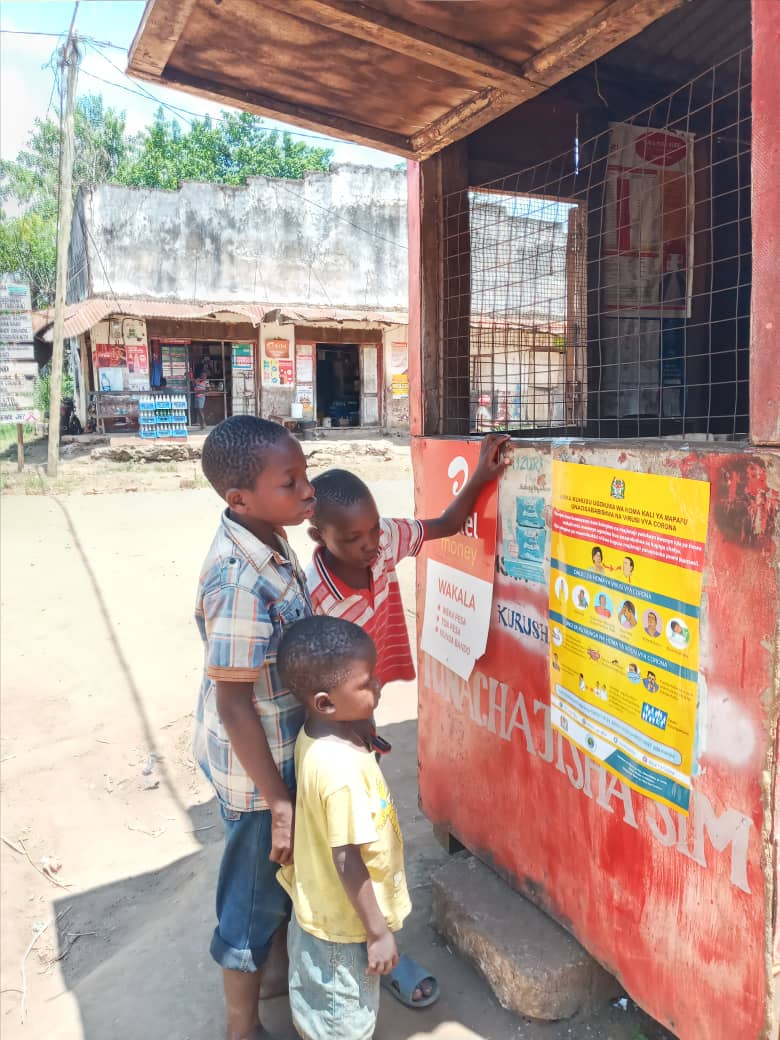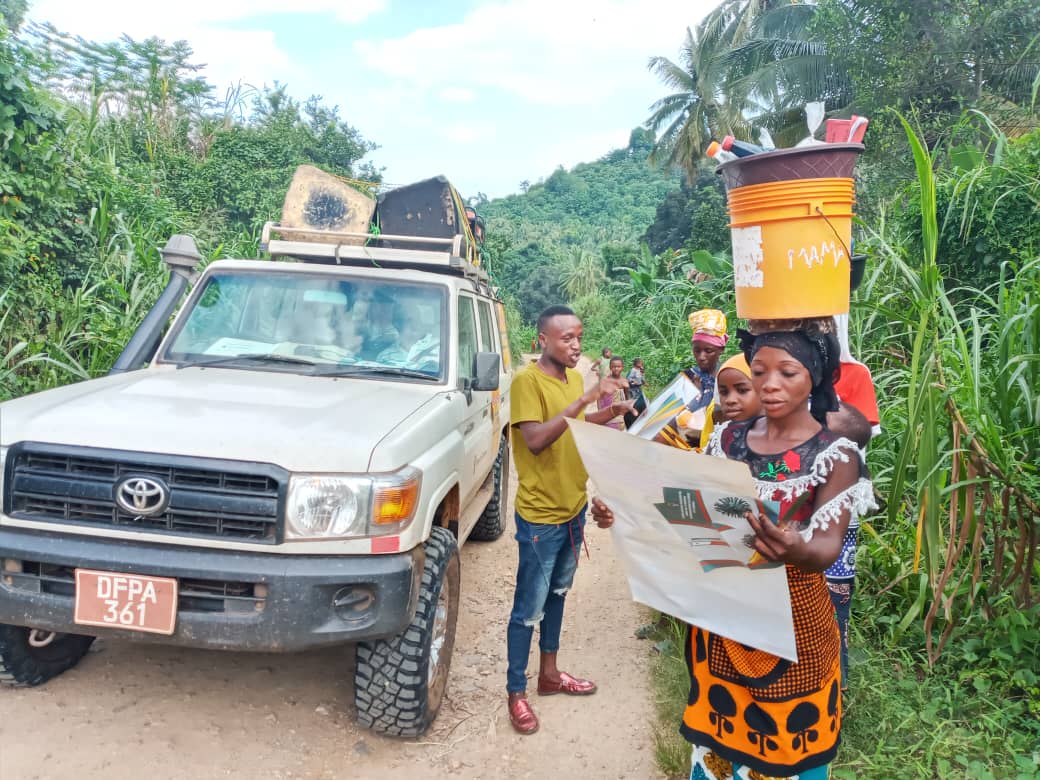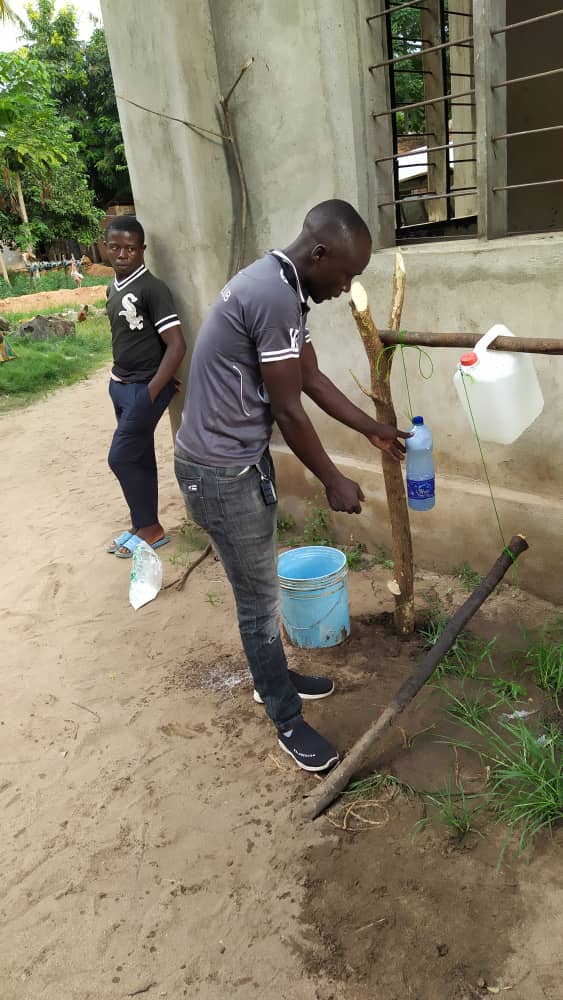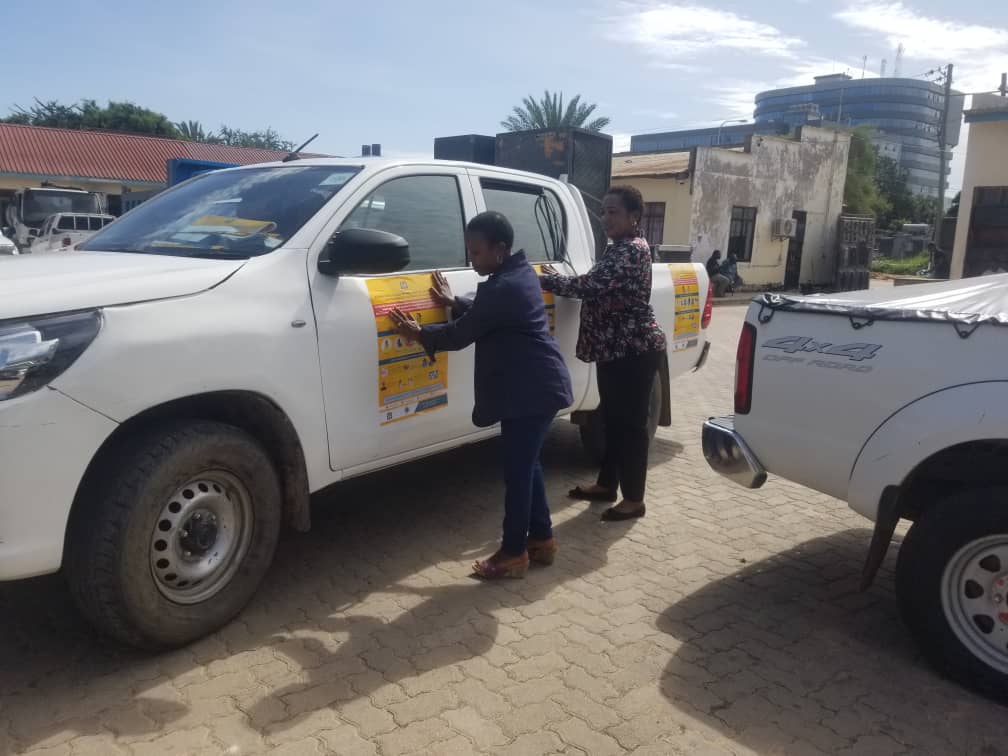



****************************
Some of the most vulnerable
children and their families across Africa who depend on the informal
economy for their livelihoods are and will increasingly be impacted by
measures designed to stop the spread of COVID-19, Save the Children is
warning, as the number of
people on the continent infected with COVID-19
reached 10,000 yesterday.
Significant efforts are being
made by African governments to respond to this growing pandemic, however
the number of cases in Africa have been increasing exponentially since
13th March 2020, with the total caseload on the continent doubling from just over 5000 to 10,000 in the space of a week.
With South Sudan the latest
country on the continent to confirm a case on Sunday, there remain just
three African countries – Lesotho, Comoros and Sao Tome and Principe –
who have yet to report a case of COVID-19.
Governments in the region are
focusing on limiting the spread of the COVID-19 with increased
restrictions, however, these measures disproportionately impact the
poorest households, who depend on the informal economy for their already
fragile livelihoods. Across the continent, unlike in many parts of the
world, social security coverage in Africa is extremely limited or
non-existent and largely confined to workers in the formal economy and
their families. According to the International Labour Organisation, only
17.8 per cent of Africans receive at least one social protection cash
benefit, and only about 10 per cent of the economically active
population is covered by social security schemes.
Children and their families across
Africa have already been struggling through a decade of climate shocks
and regular food crisis, which have driven numbers of hunger crises
across the continent. Save the Children is warning that as markets close
and movement is restricted, many households will have less income to
meet their basic needs, including food and fuel for cooking. The lack of
income will have particularly dire consequences for the poorest
households, who may be forced to choose between paying rent and feeding
their children.
Families dependent on casual work
are particularly vulnerable, as they cannot earn an income through
working from home or self-isolating. Many of these families will need to
rely on their savings to get by, and be forced to deplete whatever
food, fuel and water stocks they have.
Save the Children’s Campaign and Advocacy Director for Africa, Eric Hazard, said:
“We’re extremely concerned
that mounting financial pressures on families will increase food
insecurity in communities already struggling to know where their next
meal is coming from , which in turn will have a devastating impact on
children. We know through experience that when families lose their
incomes and have no social safety net, children become vulnerable to
abuse and exploitation. As COVID-19 starts to impact on the economy, the
loss of parental income and closure of schools may force many children
to beg for food, take hazardous jobs to support their families, or
families to split up in search of food, leaving children, especially
girls alone, unprotected and exposed to violence, abuse, exploitation
and at risk of child marriage.
“Local and donor governments
and institutions need to act together and commit to stopping the
pandemic in Africa and tackle the negative effects of restrictive
measures on vulnerable populations’ livelihoods, and in doing so,
sustain food security and access to health services, by integrating the
needs of the most vulnerable in their response to the COVID-19.”
To protect a generation of
children from the devastating effects of the COVID-19 outbreak, Save the
Children has launched the largest appeal in its 100-year-history,
aiming to raise $100 million to urgently keep children and their
families safe during the global COVID-19 outbreak, the most serious
threat to global health and security in modern times. The appeal will
support its Agenda for Action –
a five point plan for a coordinated community, national and global
action on five fronts to avert a catastrophe that could affect the lives
of millions of children.
Globally, Save the Children works
with half a million community health workers in 44 countries to deliver
vital health services – the agency aims to support them in recognising
symptoms and preventing COVID-19 – and aims to train another 100,000 in
the coming six months. It will work with local communities to deliver
training and protective equipment so that prevention measures can be
ramped up, and cases can be identified early, referred for treatment and
where possible, isolated.




No comments :
Post a Comment